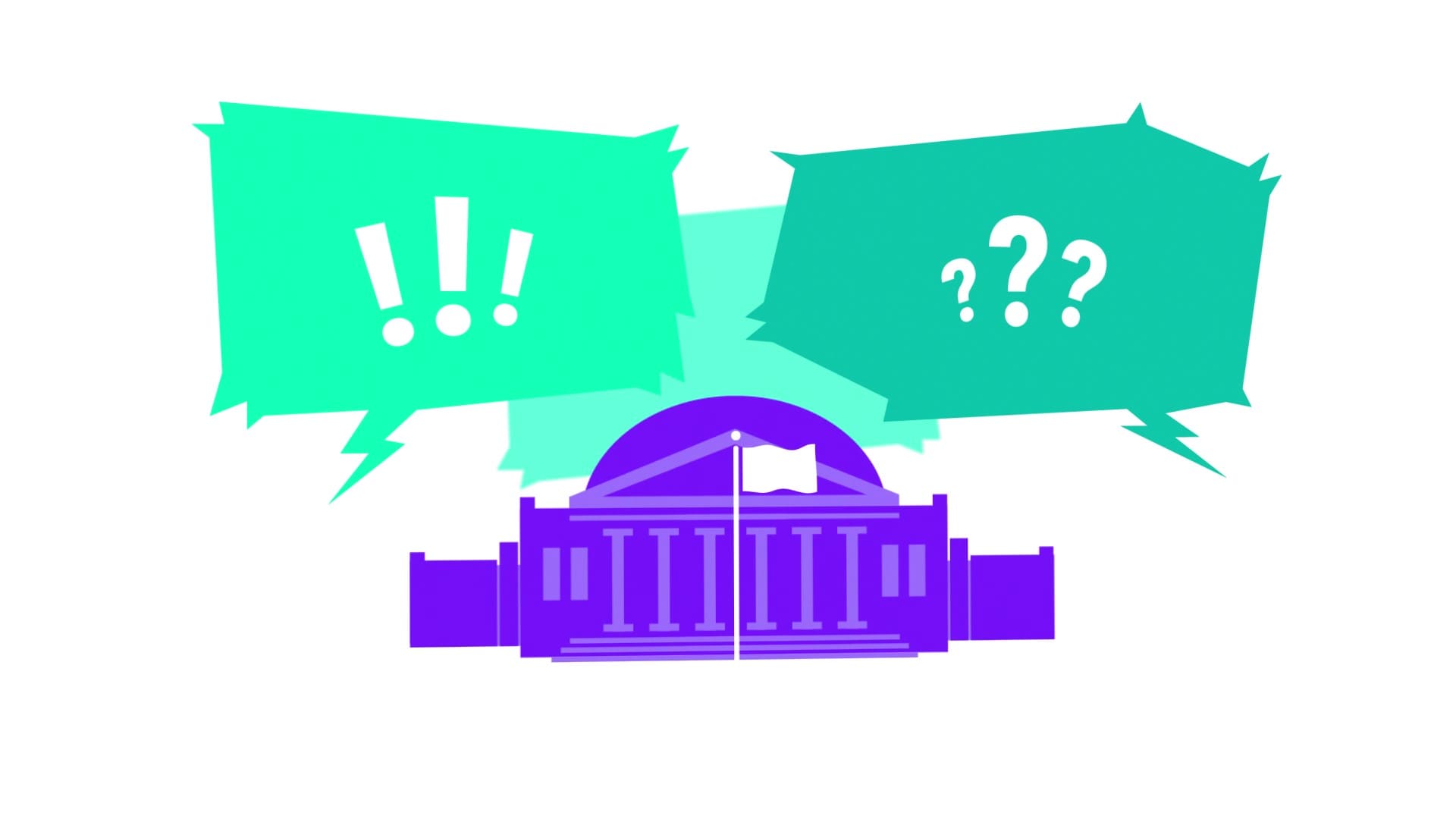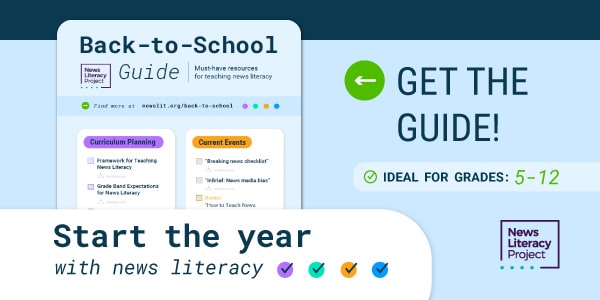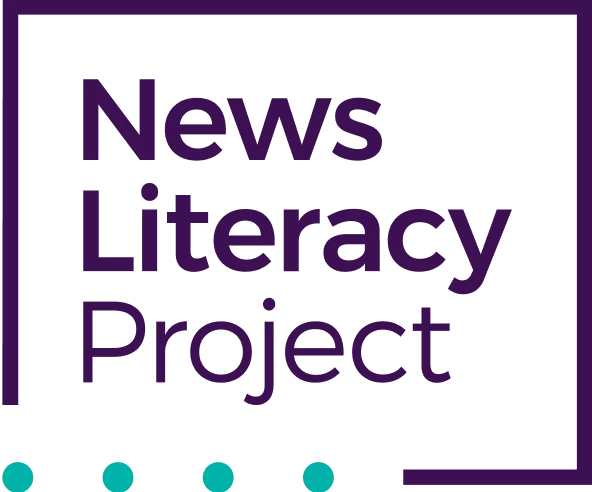|
Top picks

|
| Disinformation campaigns from Russia, China and Iran have attempted to sway voters in the U.S. presidential election. Illustration credit: The News Literacy Project. |
 |
A Tennessee-based media company working with six popular conservative influencers was revealed to be a front for a Russian influence campaign. This marks the third consecutive U.S. presidential election that Russia has attempted to manipulate through online disinformation. The operation, allegedly funded by two employees of Russian state media company RT, aimed to exacerbate divisions among Americans and push pro-Russian narratives and content, including messages that favor former President Donald Trump, who the Kremlin believes is more aligned to its interests on issues like the Russia-Ukraine war, according to the U.S. Justice Department.
- Discuss: Do influencers have any responsibilities? How big a threat are disinformation campaigns to democratic elections?
- Resources:
- Related:
|
 |
Political misinformation surged among progressives on social media this summer, fueled, in part, by conspiracy theories about the July 13 assassination attempt against former President Donald Trump. A Morning Consult poll conducted in July found that over a third of President Joe Biden’s supporters believed the assassination attempt might have been staged. An absurd and vulgar satirical falsehood about Republican vice presidential candidate J.D. Vance also gained traction, and was alluded to by Vice President Kamala Harris’ campaign on social media and at a rally. Misinformation researchers interviewed by The New York Times say that falsehoods and misleading information from progressives are likely to increase as Election Day nears.
- Discuss: How concerned are you about political misinformation? What makes conspiracy theories so compelling for some people? Why do you think conspiracy theories tend to proliferate after shocking events? Can viral political falsehoods affect you even if you don’t fall for them? How?
- Resources:
- Related:
|
 |
TikTok and Instagram are pushing violent and misogynistic content to teenage boys, according to experts and former social media employees. Cai, a British teen, told BBC News that, despite his efforts to flag such content as something he’s not interested in, suggestion algorithms continued to push it into his feeds. It “stains your brain,” he said.
- Discuss: What are algorithms? How do algorithms shape the information you see on social media? Are algorithms more useful or more harmful? Why? Is it possible for algorithms to serve your interests and the interests of social media companies? Why or why not?
- Idea: Use slides 12 and 13 in the Daily Do Now resource for students to further reflect on this BBC article.
- Resource:
- Related:
|
|














